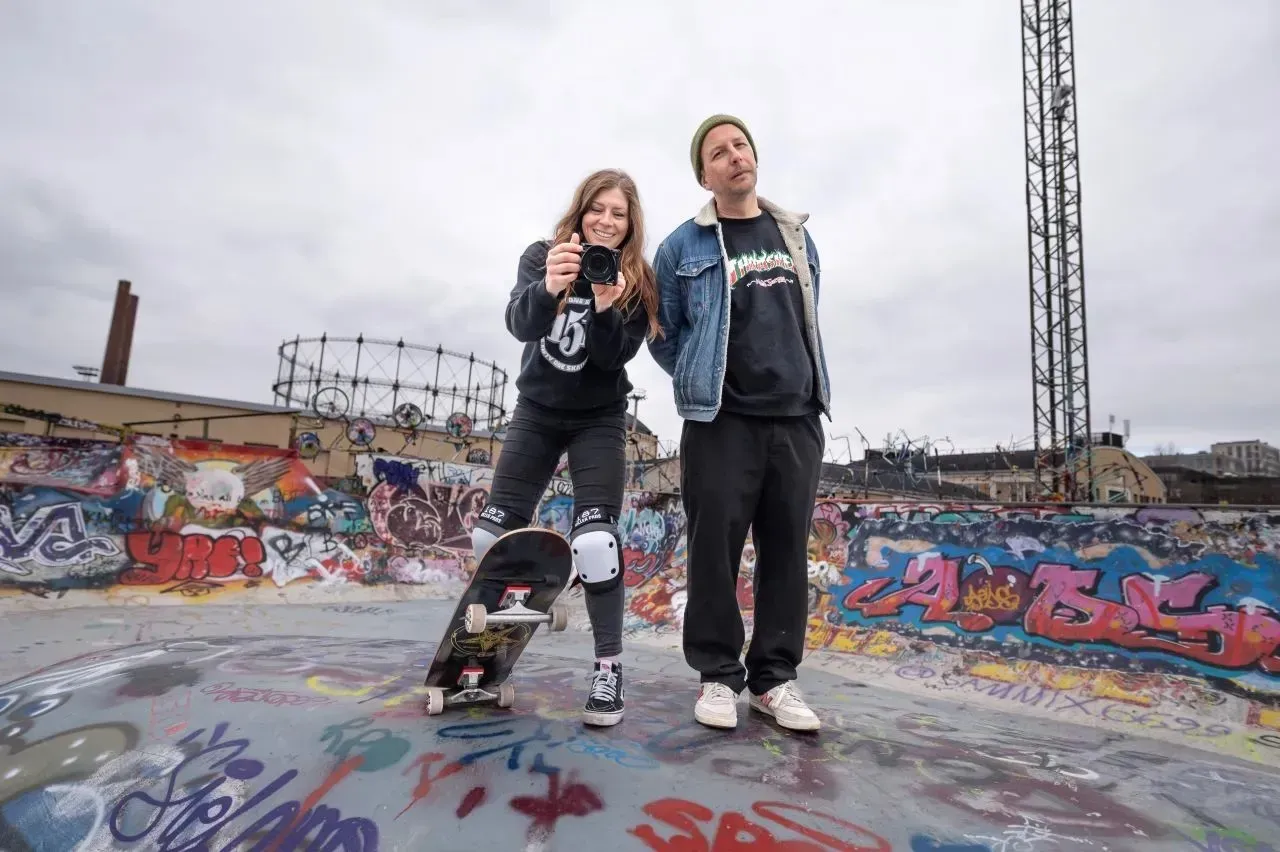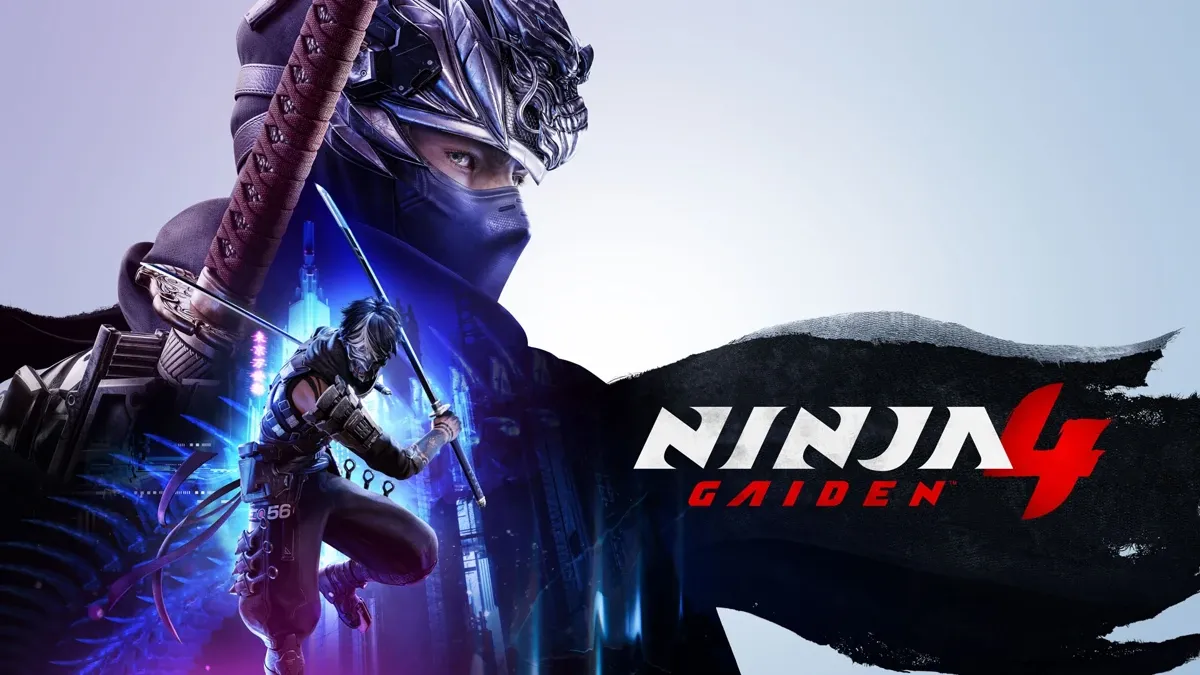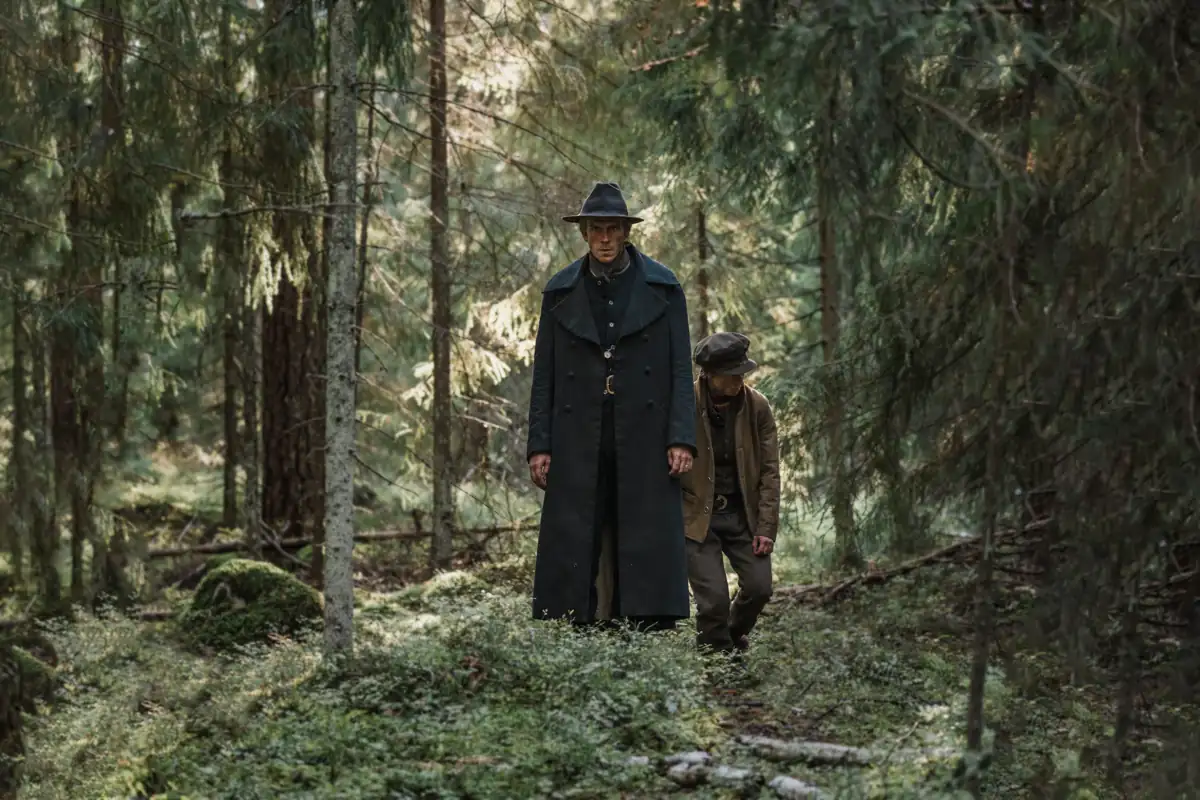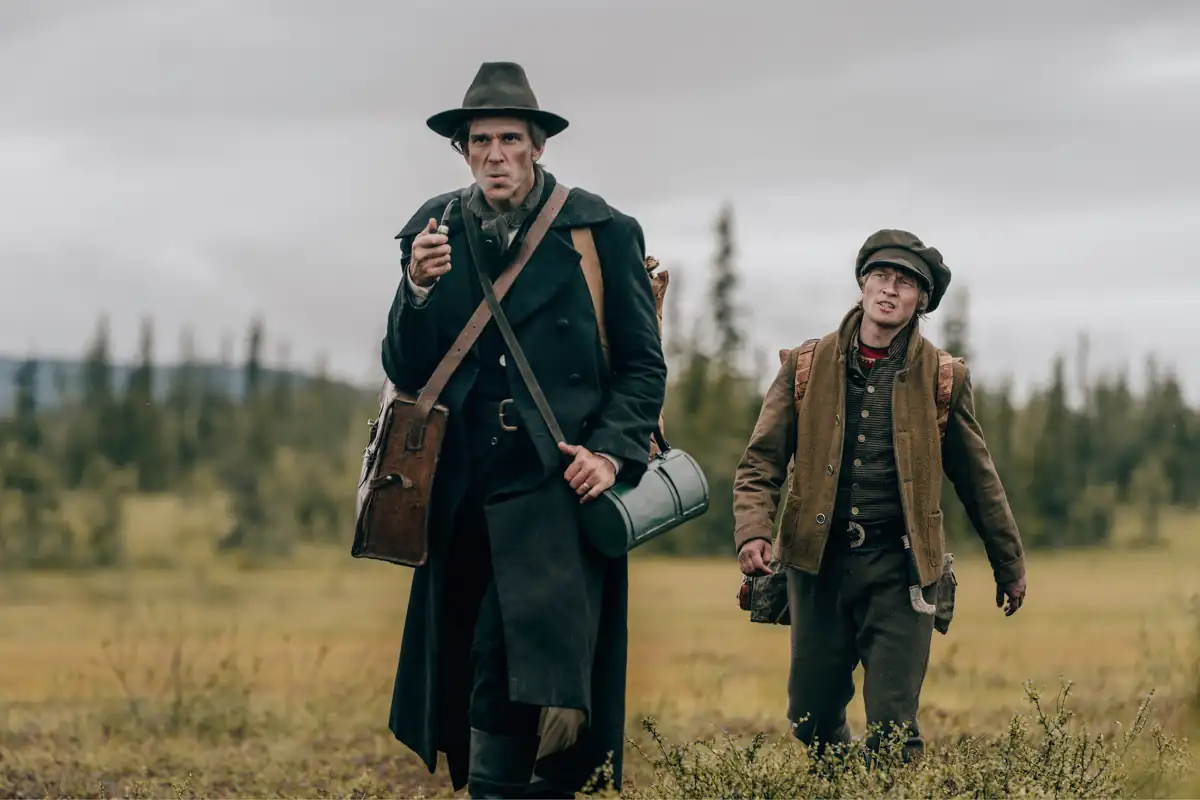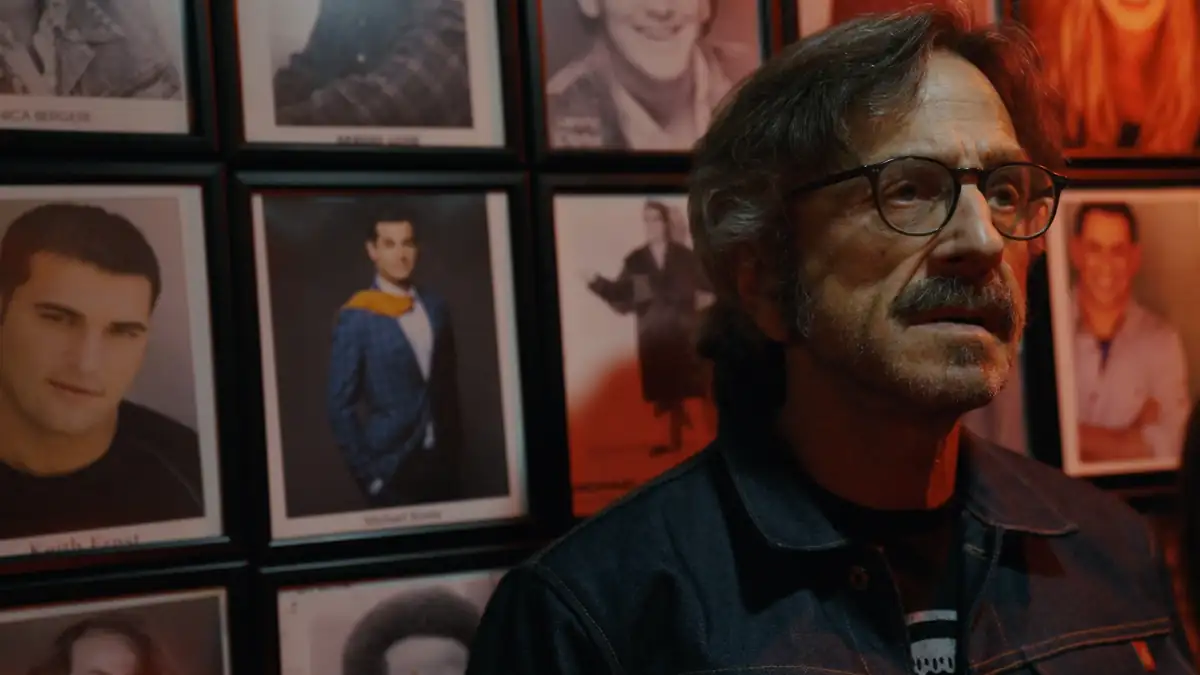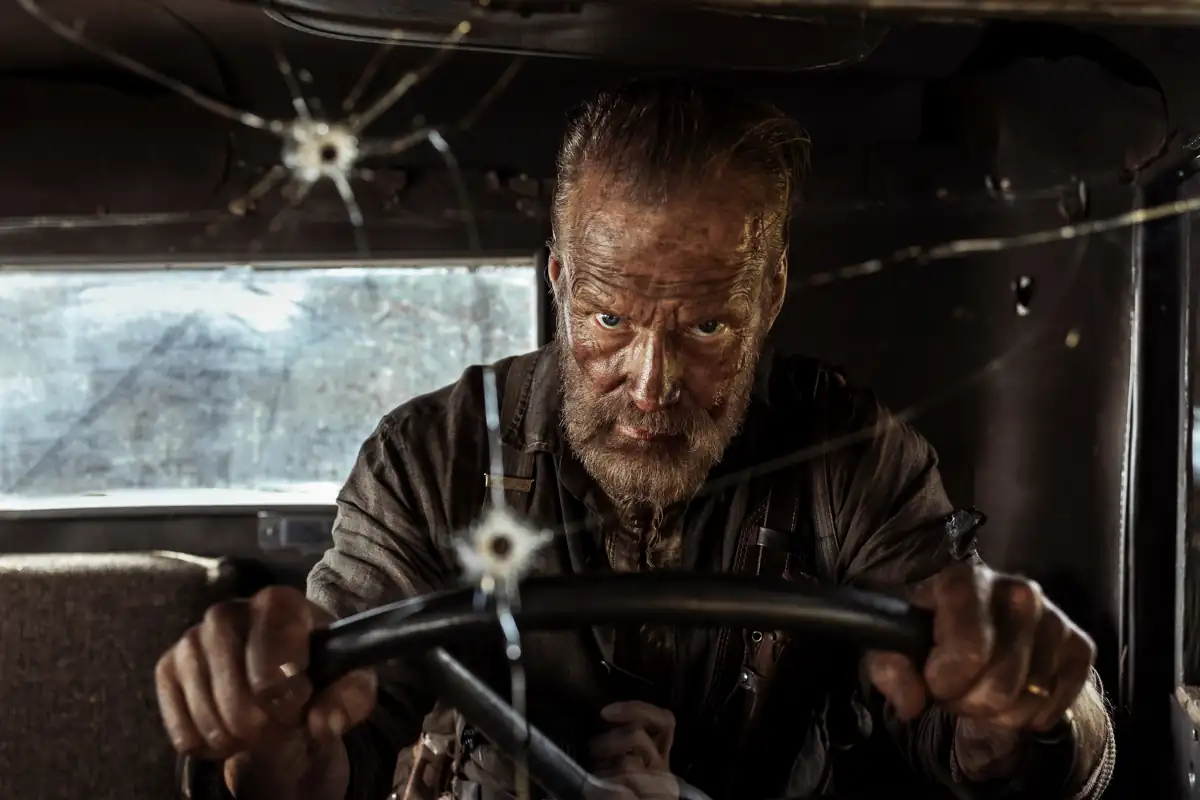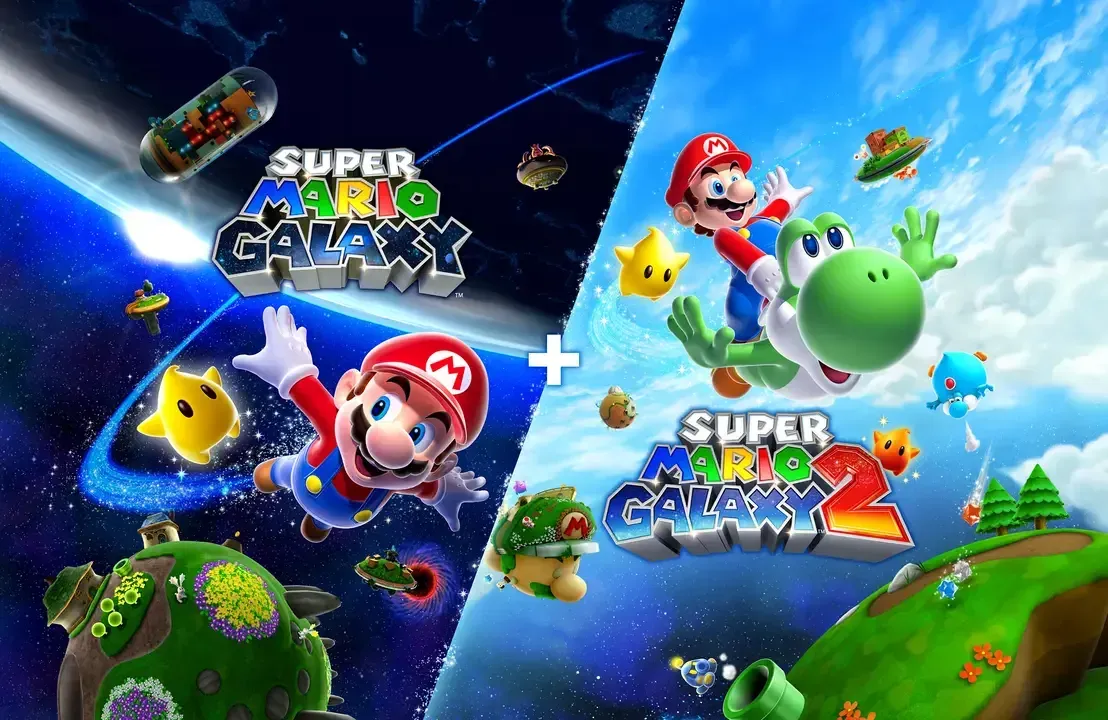Nestled in the heart of Helsinki is the Suvilahti DIY. One of the largest communally built concrete skate parks in the world. Originally constructed after Suvilahti was abandoned by development, the DIY has grown organically into a communal hub that hosts local breweries, designated graffiti paint areas, and the titular skate park, which has attracted Olympians and celebrities from around the world. Tony Hawk calls it an important destination for skaters everywhere. Ice-T is a supporter.
But like in the plot of a 80s film, Suvilahti has become the target for real-estate magnates seeking to build yet another mall in the now thriving DIY cultural hub. Over the years, Suvilahti has avoided demolition more than once, but this time, the aggressive push from the city is more threatening than ever.
Documentary filmmakers April Jones and Chris Nieratko, both avid skaters, visited Helsinki for the Night Visions Film Festival with their film, Concrete Jungle, and to advocate justice for DIY parks everywhere.
What was it that pushed you to make this film?
April Jones: This was an urgent topic. I’m a lifelong skateboarder, so when the skate park was shut down, it was all hands on deck. Everyone jumped in to do what they could. And I did what I do best. I started seeking out questions from City Hall. What started as a kind of awareness piece turned into a feature length film.
Chris Nieratko: Andy Harris and Robbie O’Connell, who are amazing skateboarders and amazing human beings, told me about April and her project right after I had moved to California in the tail end of 2018. I reached out to her and asked about it. I think it was like a 20-minute short at the time, and it was wonderful; I fell in love with it and her immediately. But I told her, you have a feature length film in your hands. And I think she knew it. But she wanted to create this awareness piece to let people know about the fight that was happening. So, I asked her what would it take to round this out to the full hour? That’s how our friendship formed originally.
From there, I became her biggest cheerleader. If you’ve seen the film, you know she’s brilliant. My fetish is talent, and I was blown away by her talent. I wanted to support her in any way I could.
Did you have a hard time finding people who’d talk about their experiences?
AJ: I think we’re cut from the same cloth. They didn’t know me personally, but I’m a lifelong skateboarder. I’m from a different DIY. I’m from Burnside. So, knowing that, they were like, oh, welcome! On top of that, I was a street kid. So, we talked about our own lives and how skateboarding helps. We have a lot of common ground, I think. They trusted me because Andy said that I was just super genuine. Because you can just kind of tell when someone comes into your scene.
CN: In Alcoholics Anonymous, one of the 12 steps is to be of service and help other alcoholics. You can almost say the same thing for skateboarders. The majority of skateboarders have had their lives saved by skateboarding. So, when we have the opportunity to speak about skateboarding saving our lives, I don’t think that we have a problem opening up. Because it’s important to help other skateboarders, especially those that are in those situations, to see a path out and to know that there are so many mental health benefits to skateboarding. This community embraces everyone, it’s completely inclusive. If we can save one other kid somewhere else, that’s our duty. I think that’s why everyone was so open to speaking with April. Aside from her skating, because there is that sniff test that skaters do. You could wear the clothes, you could talk the talk, but if you can’t walk the walk, they are going to be a bit more standoffish.
Skateboarding has been around for decades and decades now. It’s somewhat accepted by the mainstream, yet there remains a huge amount of skepticism and misunderstanding about the culture. There’s a lot of discussion about how these parks need to be torn down because they’re not used. How would you describe their meaning and importance culturally to the rest of us, who are ignorant of skating, but want to understand? Why are these DIYs so important to a community at large?
AJ: That’s a great question because that is exactly what I wanted to get across in the film. I try to put myself in other people’s shoes. What would the council office think? Why do we have these DIYs, when we have 1000s of city-built skate parks everywhere? But in the late 80s, hundreds of parks were demolished. There was a mass skate park demolition, wiping out the skate industry, leaving skateboarding to die.
I believe MTV News reported, and I have this on my computer, I could be off a few numbers. But in 1987, there were like 289 skate parks, and in 93, there were 23. So, DIY emerged in the late 80s, and 90s, because of the result of the mass skate park demolition, and during that time policy changed for skateboarding.
DIY was really the rebirth of skateboarding in the skateboard industry. The Tony Hawk foundation talks about this too, that DIY was a rebirth before the skate park boom in the mid 2000s. So, DIY is really the roots, the raw, the pure essence of it. We need these gritty spots, because if you replaced a DIY with an Apple Store, that Apple Store is going to get tagged up. We need safe spaces for kids to be creative and learn, and you can’t get that type of culture at a city-built skate park.
There are a few municipalities that are actually responsive and listening to us and giving us that freedom, because they see the impact. But a lot of municipalities don’t. So, in the film, my mission is how we can show the impact on a global scale. Because municipalities and governments and politics, it’s different everywhere. But the underlying message is all the same globally, we are all a creative culture, and we have a right to exist and not be excluded. Skateboarding is in the Olympics! We should not be tearing out community built cultural hubs. That’s ridiculous.
CN: And as I already mentioned, skateboarding saves lives. There are kids that just don’t want to do team sports. There are kids that just feel like outsiders. I think most people have gone through a point in their life where they felt like an outsider. We have always come together as outsiders on the fringe of society to be in our own community. These places embrace people.
Skateboarding saves lives. I think most people have gone through a point in their life where they felt like an outsider. We have always come together as outsiders on the fringe of society to be in our own community. These places embrace people.
- Chris Nieratko
I have a non-profit; we provide helmets and shoes and skateboards to kids. A lot of these kids are flunking out of school, they’re doing drugs. Then we introduce them to our community, and it changes everything. Meeting the skaters, who might be a little bit intimidating when you first see them, because they’ve got face tattoos and half a mouth of teeth. They get to meet these 10-year-olds, and I don’t know of any other, not just a sport, but any aspect of life where it’s completely normal for a 10-year-old to be in a conversation with a 50-year-old and hang out all day at a park. But that’s the diversity of skateboarding.
But it’s also one of the reasons why we’re here. There’s a local DIY skate park in jeopardy in Suvilahti. They just lost another appeal. They’ve got less than a month to file another appeal. So, it’s a fight that needs any readers’ help. If they have any juice with the courts, or if they can help in any way. You know, cities courts respond better to parents and high-ranking officials and teachers, more so than they do with skateboarders. Even though yesterday we were skating with what was he a marine biologist!
AJ: We’re leveraging the film to really raise awareness and help other DIY skate parks. And right now, this is urgent. The Suvilahti skateboard organization is a charitable non-profit organization right here in Helsinki. They do youth programming; they clean up the neighborhood. This is a million-euro skate park that they saved. The city gave them this land to build on, they leased it, and now they want to tear it out without a plan.
So, it’s just happening again and again and again and again, and they don’t see any cultural value in it. It’s mind-blowing, because there’s so much data that it’s specifically Suvilahti that brings in tourists. This is a global destination, Lizzie Armanto, who represented Finland in the Olympics, this is her favorite skate park. So, it’s literally Olympic athletes who come to Helsinki to skate. And despite this, the appeals said they don’t see any cultural significance here.
CN: As Americans, we have a history of stealing land from other people. The city gave these kids this land, and now they’re looking to steal it back. I know most of the world doesn’t want to be like Americans right now. So, courts of Helsinki, I urge you not to act American in this situation.
Sign the Save Suvilahti DIY petition here.
To learn more about the Suvilahti DIY, check out Trasher Magazine’s fantastic coverage of their 2023 Suvilahti championships.
You can follow Suvilahti DIY on Instagram here.

